|
An idea for working parents who struggle to fit it all in during the holidays Originally published: Dec 6, 2017 | Updated: Dec 7, 2019 What if you didn't attend one of your child's holiday programs this year? Not all of them, just one. What if you explained to your child that sometimes, most of the time, he or she is your highest priority and that means that you miss other important things so that you can be with him or her? And what if you went on to explain that sometimes, when you know he or she is safe and happy, other things are a higher priority? Like people in need, planning for the future, or even your job.
Is it possible that action would give your child gifts that could last a lifetime? Might you give them the gift of learning to perform for others, not just you? Might you give him or her the gift of independence (if only for a few minutes)? Might you give him or her a gift they'll greatly appreciate in the future when, as a working parent, he or she knows for sure that a child can feel happy and loved without constant attention from parents? Working parents throughout social media are in the midst of expressing frustrations that surface during the holidays every year. They're frustrated when school holiday performances and activities are scheduled in the middle of the workday. They wonder how they're expected to be in two places at the same time. They want to be great parents and they want to be great employees. They become frustrated when the system appears to conspire against them. It might make sense to ask your kids if they think it's important that you attend every single holiday activity. You might be surprised (and relieved) to hear their answers. Update Dec 7, 2019: Another idea: Send someone in your place (someone with more time) like a grandparent, uncle or aunt, a cousin, a neighbor or a friend who would be honored to fill-in for you. It could be a win-win!
0 Comments
By the time my husband and I decided to marry we’d already determined that he could cook better than I could, he cared more about food than I did, and he was happy to take on a permanent role, at least for the foreseeable future, as “chief nutrition officer” within the family we were planning to establish. So I literally found it funny (at least I hope I laughed) when his mother informed me that I would need to make his dinner after we were married because he would be very tired when he came home from work. The reason this was so funny was that we worked together. We met at work, we had similar roles and the same level of responsibility at work, we’d earned sort of similar degrees (mechanical engineering and computer science), and we had similar plans for the future (i.e. we both wanted to have children, raise a family and pursue our careers). So it really did strike me as funny that she mentioned he’d be tired at the end of the day. I remember thinking, and knowing me I probably said, “I think we’ll both be tired at the end of the day!” A few years later we were excited when I became pregnant. (And boy was I tired at the end of those days.) Lots of people asked me, “Are you going to work after the baby is born?” To be fair, I wasn’t sure. I wanted to work after the baby was born, but had heard so many stories, even from co-workers with children, about how hard it is to come back to work after having a baby because you just miss the baby so much, so I decided to keep my options open. After getting advice from an experienced mother and colleague, I told my employer that I would definitely be returning, but my husband and I agreed I would stay home if that felt like the better option. I loved my baby before she was born, so actually assumed nobody would find it harder to return to work after giving birth than me. The thing was, I did love my baby. A lot. Maybe more than any mother ever. But I also wanted to return to work, so I gave it a try. In order to ease my transition, my husband stayed home with our daughter for the first month after I returned to work. And I was OK. The baby seemed OK too. Even my husband was OK. So we tentatively decided to see if we could make it work. Two years ago, and two days after our little bundle of joy turned 26, I finally decided to let up at work, and I retired. I share this story because it highlights the fact that we don’t encourage men and women in the same ways when it comes to careers. Nobody ever told my husband that he should take on more work at home because I’d be tired after working all day, and nobody ever asked him (like not even one person) if he planned to return to work after our baby was born. To be clear, I’m not blaming anybody for anything. When things change and cultural norms shift, people have questions and sometimes they even ask them. That’s OK. It’s good. And it’s how we make progress. But, when we criticize women for pursuing careers with the same intensity as men and question their devotion to their children and families when they make the same career choices as men, we send them messages. Make no mistake about it. And those messages causes some women (but not all) to ease up, step back, and sometimes even drop out. And when that happens, and we all know that it happens, women’s ability to compete in the workplace is diminished. Companies, or at least the people who work at them, start to wonder if any given woman is really in it for the long haul. And many of the very capable women who could help close the wage gap, drop out of the game completely. It’s hard to be paid the same as a man if you’re not even getting paid. Anyone who is serious about wanting to close the wage gap, who thinks that their sons and daughters deserve the same pay when they deliver the same value, has got to help close the encouragement gap first. If you’re a woman who thinks that women deserve to be paid the same as men when they deliver the same value, start by staying in the game. If you’re an employer who wants to be able to say that you’re paying women the same as men when they deliver the same value, find ways to help your women employees understand that their contributions are valued and actually helping them become better parents. If you’re a man who isn’t afraid of competing with women when proving your value in the work place, find ways to mentor women who are interested. Change is never easy. That’s why we admire the people who make it happen. Be one of those people; a changemaker. Let’s close the encouragement gap. That may go a long way toward closing the wage gap.
Related Stories:
Pointer to an interesting HBR article about working parents If you spend time wondering how your career and/or your spouse's career might affect your kids, you'll want to read this HBR article: How Our Careers Affect Our Children by Stewart D. Friedman. Here are just a few of the interesting insights provided by studies outlined in this relatlvely short article:
Pointer to a video news conference with Dr. Donna Strickland On October 2, 2018 Dr. Donna Strickland was announced as a 2018 winner of the Nobel Prize in Physics. Dr. Strickland is an associate professor at the University of Waterloo who describes herself as a "laser jock". During an entertaining and inspiring news conference, Dr. Strickland described what it's like being the first Canadian woman to win the honour, and she also talks about being a working parent. She and her husband raised two children while pursuing their careers. When asked (at the 10:50 min mark in the video) if she thinks that scientists have a responsibililty to the world, Dr. Strickland replied (in part), "We all should do what we find fun and what we can do." She went on to say that when her daughter was quite young her daughter was being asked by her friends about the fact that her mom went out to work instead of staying at home. Dr. Strickland told her daughter, "The world works best if we all do what we're good at."
Pointer to HP video and some statistics How many parents work outside the home in the US? We asked ourselves this question after watching a new and enlightening video made by HP; they asked a group of people, "What does the 'All-American Family' look like?" Then they shared some information that we found surprising. It got us thinking, so we went digging for more data. According to the US Bureau of Labor Statistics, within families that have children living at home (< 18 years old), these are the parents who worked outside the home in 2017:
View the BLS report Now you know even more about All-American Families; they are working hard.
When you do a lot of reading about working parents (like we do), there are a few topics that surface consistently, and one of them is guilt. Interestingly this word is rarely associated with working fathers. But it is common to read about working mothers who claim they are racked with it. I find this surprising and confusing. It's not that surprising (at least to me) that some people want working mothers to feel guilty. I get it, and I've met those people. Some people fear change, like the changes that have been occuring over the last 50 years as mothers' work has transitioned from home-based work, to less work (think washing machines and dishwashers), to paid work outside the home. Apparently those who are bothered by these changes want to either slow the pace of change or stop it completely so they try to convince mothers that it is somehow wrong when they strive to make contributions beyond the home and family. (Unless it's volunteer work. Apparently everyone admires volunteer work.) Dictionaries vary slightly when it comes to defining the word "guilt". For the purpose of this article, I prefer the definition found in the Cambridge English Dictionary; "a feeling of worry or unhappiness that you have because you have done something wrong, such as causing harm to another person". I get that some don't like change and want to discourage mothers from pursuing careers. Maybe they want to justify their own choices. Maybe they can't see how a mother's career, just like a father's career, can provide benefits for the children she is raising. Or maybe they don't like the fact that the presence of women often changes a work environment. But here's what I don't get; why do women waste time wrestling with these crazy and out-dated judgments? Given all of the research that shows that women who pursue careers often raise kids who become capable, happy adults (and sometimes the most capable, happy and fairly paid when they pursue careers of their own), isn't it crazy to feel guilty about working today? Some claim that a mother shouldn't work if her spouse makes enough money to cover necessities for the family. And I've never (and I mean never) heard anyone claim that a man ought to cut back the hours he works if he makes more than enough money to cover his family's necessities. I've also never heard anyone suggest that a father shouldn't work if his wife is able to support the family (although I do know of a few men who abondon their careers when this is true). If we're going to stop associating the word guilt with working mothers, and please, let's do this, mothers need to lead the way. If you are a mother (or father) and truly feel guilty about working (meaning you actually believe that you are hurting someone via your career) quit your job! A feeling of guilt implies you know you are doing something wrong and you shouldn't be doing it. So don't do it! Otherwise, don't let people scam you.
A somewhat comforting Tweet Most working parents are pretty good at managing logistics, especially schedules. If they're not naturally organized, most are able to manage at least the basics over time (out of necessity). That said, even the most organized among us makes a mistake every now and then. Which is why we found this Tweet somewhat comforting when we ran across it earlier this summer: Sometimes it's just nice to know we're not alone. Thank you for sharing, Dr. Dala!
Observation Parents regularly experience conflicting emotions. That's part of life. Good friends and supportive relatives listen sympathetically when we describe lumps in our throats after watching our child walk into a school for the first time, getting behind the wheel of a car for the first time, bounding into a college dorm after a holiday weekend, or accepting a job far away from home (or at least that place they used to call home). These people understand that while we may have fought back tears, we're also swelling with pride. We wouldn't have it any other way. These milestones mean that we've done our jobs, and truth be told, we fear the alternatives. Being able to experience sadness and joy at the same time proves that we're alive and that we have feelings. It's normal. So it is with great enthusiasm that I report on a growing trend I've noticed among young working parents; they seem very comfortable saying things like, "I was so sad when I dropped him off at daycare for the first time this morning, and it was so great to see my co-workers again after being gone for so long." Not so long ago it wasn't OK to express these conflicting emotions. But apparently now it is. That's progress!
Related stories:
Current events observation
Not long ago I engaged in an online conversation about the value of diversity in the workplace. Until then I thought that "everyone" believed that diversity was a good thing for businesses and organizations, even when it feels challenging, unsettling, and/or downright difficult. It turns out that I was wrong. The others involved in the conversation didn't see it that way, and they argued vehemently that all jobs should be filled by the "most qualified candidate" and that a desire to create a diverse team was misplaced. They didn't believe that diverse teams often produce stronger results than teams comprised of people with similar perspectives.
Diversity is a loaded term, and truly diverse teams are impossible to create, but there is a lot of research claiming that more diverse teams, when they can figure out how to overcome differences and work together, usually produce stronger results than less diverse teams. This is one of the reasons we strongly encourage working parents to make contributions via careers. We think parents offer unique perspectives that provide strong, and sometimes unique, perspectives. When thinking about the value of diversity, I can't help but examine the series of events that brought disgraced former sports doctor Larry Nassar to justice recently. Maybe you saw the powerful video featuring 141 of the 330+ young women who survived his abuse when they accepted the 2018 ESPYS Arthur Ashe Award for Courage recently. One is left wondering why it took so long to bring this man to justice; especially given that the first concern about him was raised way back in the 1990s. Those who've followed the story closely know that the many concerns raised over the course of nearly 20 years were dismissed for various (and very troubling) reasons. But finally, in 2016 and 2017 justice was served, and his abuse was stopped thanks to a number of people who believed the young women who shared their stories. A long list of survivors and professionals produced a chain of events that revealed what had been hidden, dismissed, and ignored for so long. It's interesting to consider some of the critical people who believed the women and girls, ensured that justice was served, and then empowered the survivors to look beyond their own situations to help protect others by striving to drive meaningful reform:
This is an unlikely group given their professions. Did their relatively unique perspectives play important roles in this case? Would the abuse have continued had those on the list who are parents chosen to abandon their jobs after they had children? We'll never know for sure, but I'm very glad that so many of them found a way to balance parenthood with their careers. They've made the world a safer place.
Pointer to Poppy Harlow / RBG video clip
The RBG movie (and the review we wrote) got us thinking even more about spouses and the important roles they play in our careers. In fact, it caused me to head to YouTube to learn more about Ruth Bader Ginsburg and her husband, Marty, who are portrayed as Working Parent trail blazers.
The search led to a February 2018 interview with Ruth by CNN's Poppy Harlow. Their exchange, during the interview introductions, revealed another story about a supportive spouse; Poppy's husband, Sinisa Babcic. Watch the first minute and a half min of the video to hear the story. "Behind every great man there stands a woman" is a phrase I often heard growing up. It was stated as a compliment and recognized the value of a supportive spouse; always a wife back then. Many years later I find myself recognizing that there is a lot of truth in that statement; a great person or great people are often supporting people who achieve anything of value. Maybe some succeed against all odds and without any support, but the vast majority of us need somebody in our court; someone or someones who want to see us succeed, encourage us to strive for more, and are willing to make at least small sacrifices to help us achieve "great things". It's the reason we encourage people to establish relationships with mentors, coaches, managers and peers. When one's spouse can act in a supporting role, one has an advantage. When a spouse can act in multiple supporting roles, one has an even bigger advantage. It's hard to find a story that makes this point more clearly than the RBG story, but many of us have stories to tell. We've collected quite a few of them hoping that they will inspire you. Enjoy! More stories about supportive spouses:
|
The StoriesArchives
March 2022
Categories
All
|
Photos from barnimages.com, marcoverch, truewonder, donnierayjones, marcoverch, shixart1985, Gustavo Devito, edenpictures, nan palmero, quapan, The Pumpkin Theory, bark, opassande, Semtrio, Ivan Radic (CC BY 2.0), verchmarco (CC BY 2.0), Didriks, shawnzrossi, shixart1985 (CC BY 2.0), madprime, marksmorton, CT Arzneimittel GmbH, NwongPR, franchiseopportunitiesphotos, anotherlunch.com, jdlasica, wuestenigel, Frinthy, romanboed, Doris Tichelaar, quinn.anya, A_Peach, VisitLakeland, MEDION Pressestelle, Darren Wilkinson, bratislavskysamospravnykraj, Anthony Quintano, Danielle Scott, pockethifi, Bridgette Rehg, Martin Pettitt, PersonalCreations.com, wuestenigel, Thad Zajdowicz, archer10 (Dennis) 139M Views, Infomastern, beltz6, The National Guard, futurestreet, daveynin, OIST (Okinawa Institute of Science and Technology), Rinet IT, shixart1985, mikecogh, JeepersMedia, Ryan Polei | www.ryanpolei.com, Jake.Christopher., aleksandrajovovich, thepeachpeddler, wwward0, flossyflotsam, Got Credit, Senado Federal, Corvair Owner, lookcatalog, moodboardphotography, dejankrsmanovic, Carine fel, ElleFlorio, {Guerrilla Futures | Jason Tester}, greg westfall., Arlington County, mariaronnaluna, quinn.anya, wuestenigel, Tayloright, insatiablemunch, MrJamesBaker, Scorius, Alan Light, Monkey Mash Button, www.audio-luci-store.it, wohlford, Vivian Chen [陳培雯], okchomeseller, BoldContent, Ivan Radic, verchmarco, donnierayjones, Czar Hey, US Department of Education, Andrew Milligan Sumo, Michel Curi, anotherlunch.com, ProFlowers.com, Cultural viewpoints from around the world, alubavin, yourbestdigs, Rod Waddington, Tayloright, Wonder woman0731, yourbestdigs, donald judge, Thomas Leth-Olsen, Infinity Studio, shixart1985, wuestenigel, francesbean, Roger Blackwell, MrJamesBaker, Luca Nebuloni, MFer Photography, erinw519, boellstiftung, North Carolina National Guard, A m o r e Caterina, MrJamesBaker, bellaellaboutique, Free For Commercial Use (FFC), Prayitno / Thank you for (12 millions +) view, wuestenigel, Matt From London, MadFishDigital, Kompentenzzentrum Frau und Beruf, mikecogh, CreditDebitPro, marciadotcom, Mr.Sai, _steffen


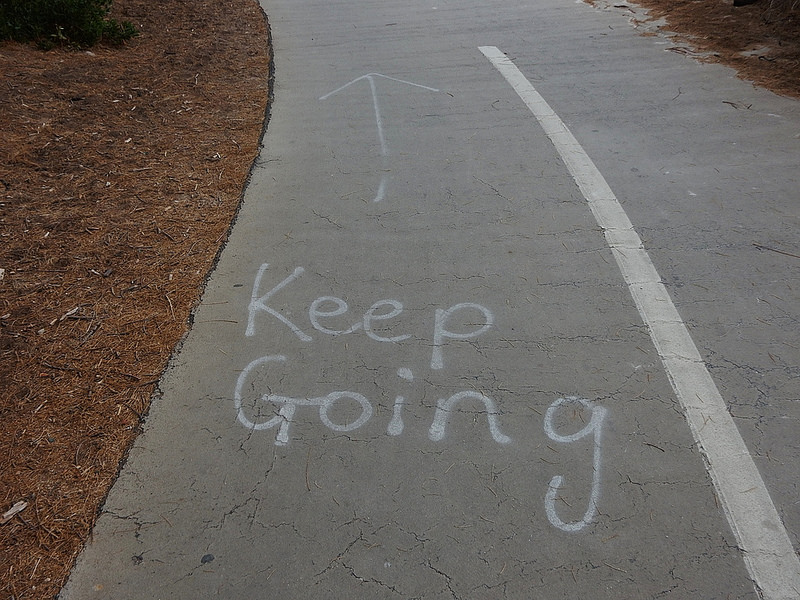

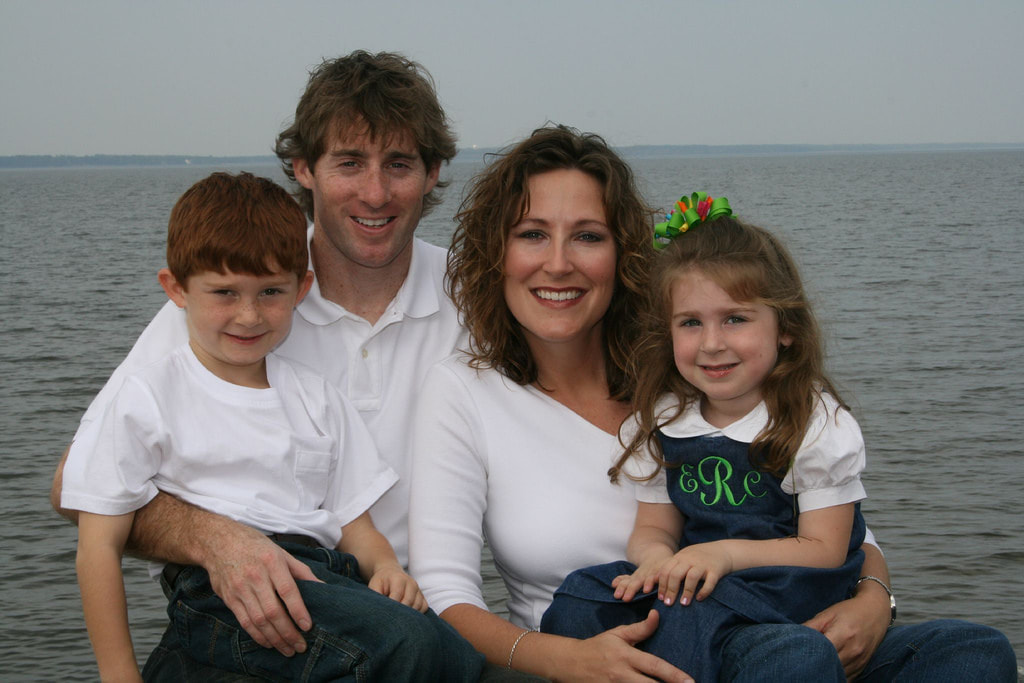








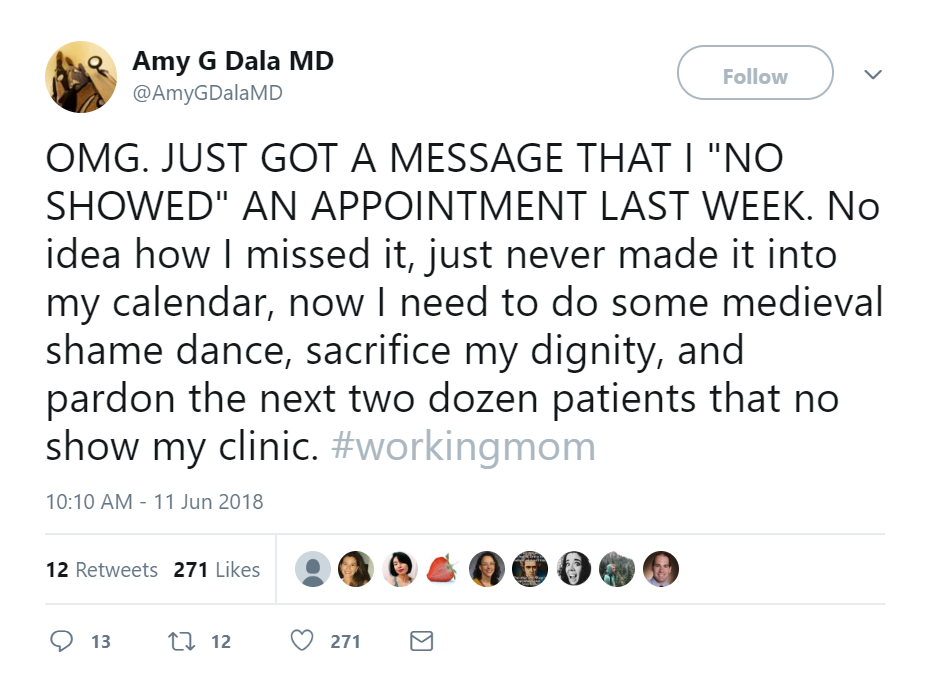






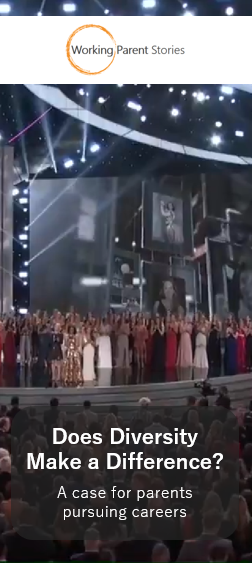

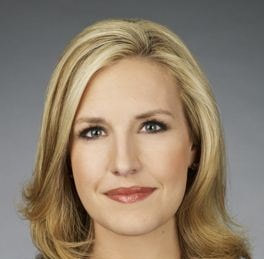
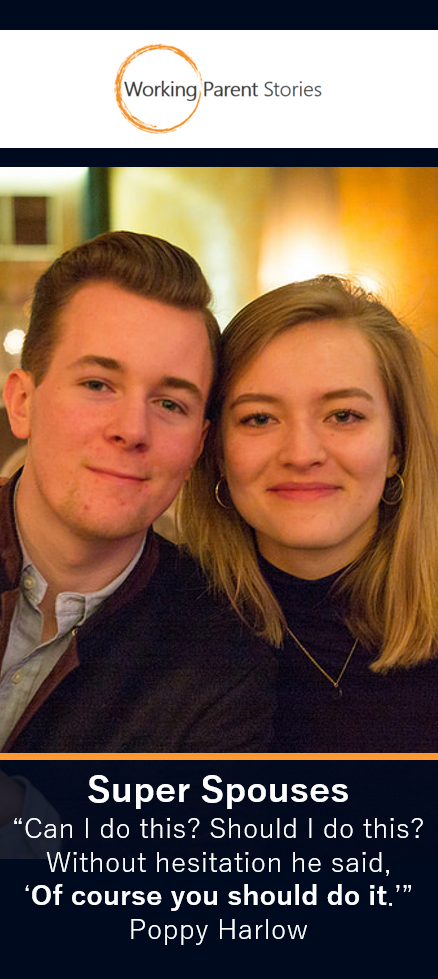
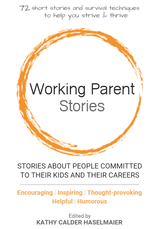
 RSS Feed
RSS Feed